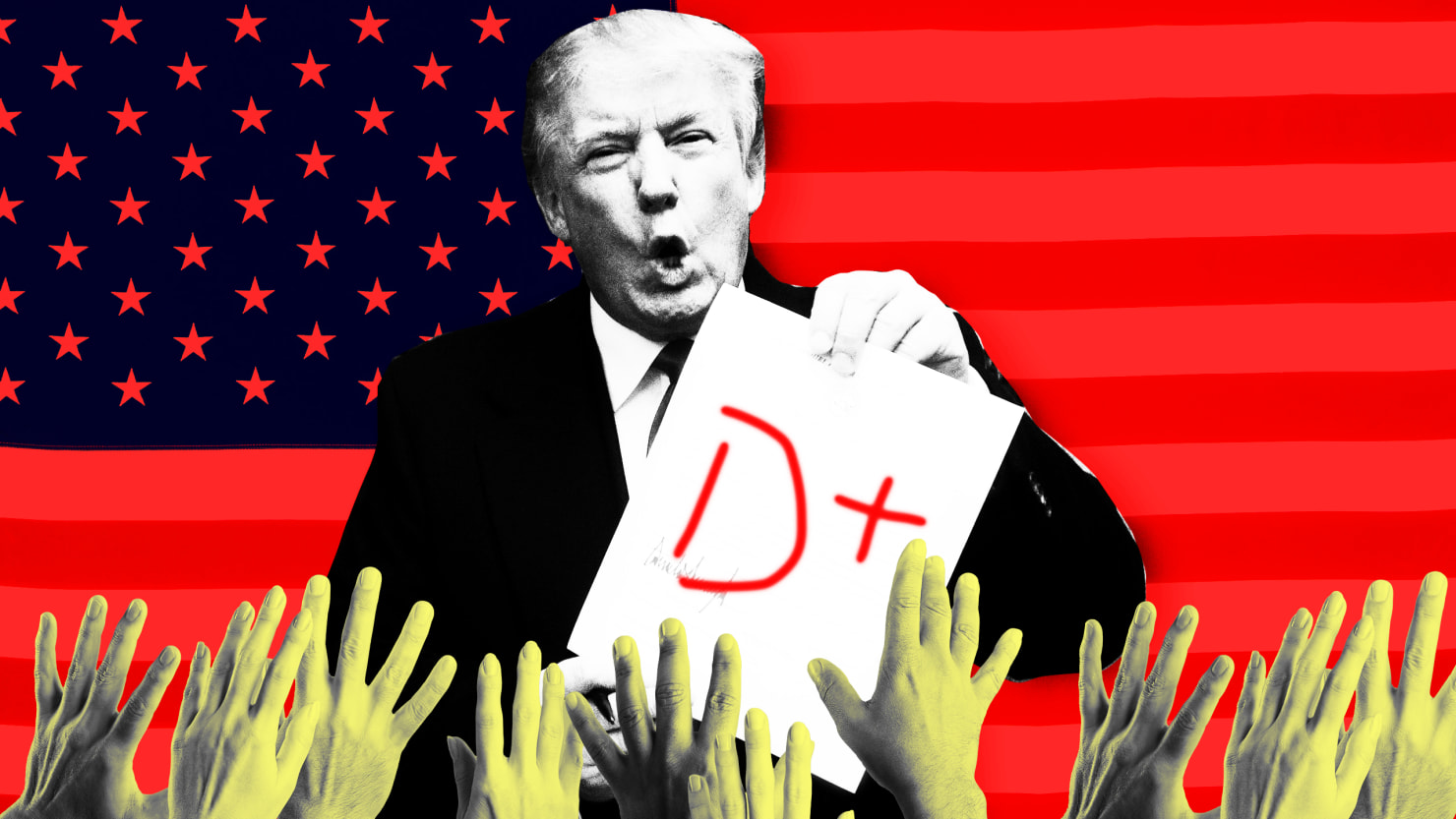Daily Beast – Bigotry of Low Expectations
What will we come to expect of our elected leaders when he is gone?
Matt Lewis May 7, 2018
We are so distracted every day by the latest Trump scandal that it becomes hard to recognize the collective damage being done by his presidency.
It’s not just the breaking of the norms. It’s is the massive lowering of expectations that people will have in their politicians and their governing institutions.
Take this past week. We were told three different story lines on one separate story after it was revealed—in a wholly separate matter—that Trump had dictated that glowing 2015 health report from his doctor.
But it’s more than just the misdirection and mistruths. It’s the cynicism that accompanies them. Sen. John Cornyn (R-TX) now says the Department of Veterans Affairs is unmanageable. “I’m not sure anyone can run the VA,” he confessed, as the nomination of Rear Adm. Ronny Jackson to head the department teetered in the balance. “It’s so big, it’s one of the biggest bureaucracies in the federal government.”
Meanwhile, President Trump says he thought the job would be easier and that nobody knew how complicated health care would be.
He has, in short order, created The Low-Bar Presidency, an administration in which we have grown to expect that the spokespeople mislead, that Cabinet officials are corrupt, and that the commander in chief is learning on the job.
Most of us are shocked in real time. But the existential question is whether the Low-Bar Presidency ends when Trump’s tenure does. Or will our expectations forever be lowered because of what he has managed to do less than 18 months into office? Will we assume, from here on out, that our politicians lie so cavalierly to us? That they misuse our taxpayer funds for the betterment of their private lives? That they are incapable of meeting the challenges of governance? If so, the costs could be horrifying.
A population that believes its elected representatives will fail them will stop demanding success, or truth, or competence, or ethics. We won’t throw the bums out. We’ll grow accustomed to living with them.
We’ve been through a crisis of confidence before—as recently as the 1970’s. “Americans heard for years that the presidency had grown too complex for one person to manage, that the office had been crippled,” Time magazine’s Lance Morrow recalled in 1986, before adding that, “Reagan seems to slide through a presidential day with ease.”
But since the Gipper rode off into the sunset, we have reverted to form. Just last year, Jeremi Suri’s book, The Impossible Presidency: The Rise and Fall of America’s Highest Office, made this same argument. In the May 2018 edition of The Atlantic, John Dickerson did the same:. “No one man—or woman—can possibly represent the varied, competing interests of 327 million citizens,” he wrote.
Instead of giving presidents a pass for poor leadership, perhaps we should examine how one man did defy the doomsayers. As Morrow wrote, the fundamental reason Reagan defied the odds is simple: “Reagan seems to derive his strength from the fact that he does exactly what he says he will do.”
“He told the air-traffic controllers what he would do, for example, and when they persisted in their strike, he fired them and made it stick. All that has a tonic effect,” wrote Morrow.
Which brings us back to Trump. He doesn’t do what he says he’s going to do.
Whether it’s DACA or TPP or gun control—or sitting down with Robert Mueller or reimbursing Michael Cohen—he consistently has a casual relationship with the truth. Either that, or “his truth” keeps changing.
If it feels like a form of psychological manipulation, that’s because it is. As conservative commentator Amanda Carpenter’s new book argues, Trump is “Gaslighting America.” We’ve had our share of liars and incompetents in the Oval Office, but never before have we had a president so masterful at psychologically manipulating us and making us question our own perception of reality.
“The difference is that Clinton and Nixon used gaslighting to try and create this alternative reality as a defensive measure when they were caught doing something wrong,” Carpenter explains. “Trump is different on an extreme level because he does it offensively.”
The end result is a public that doesn’t trust its government to tell the truth—or have confidence that it can properly function. It is the Low-Bar Presidency. And not only does it rejigger our expectations and change our level of tolerance for this kind of behavior in real time, it also invites the next president (regardless of party) to act this way too down the road.
Call it normalizing bad behavior, or creating permission structure, if you will. We have broken the seal; the genie is out of the bottle.

